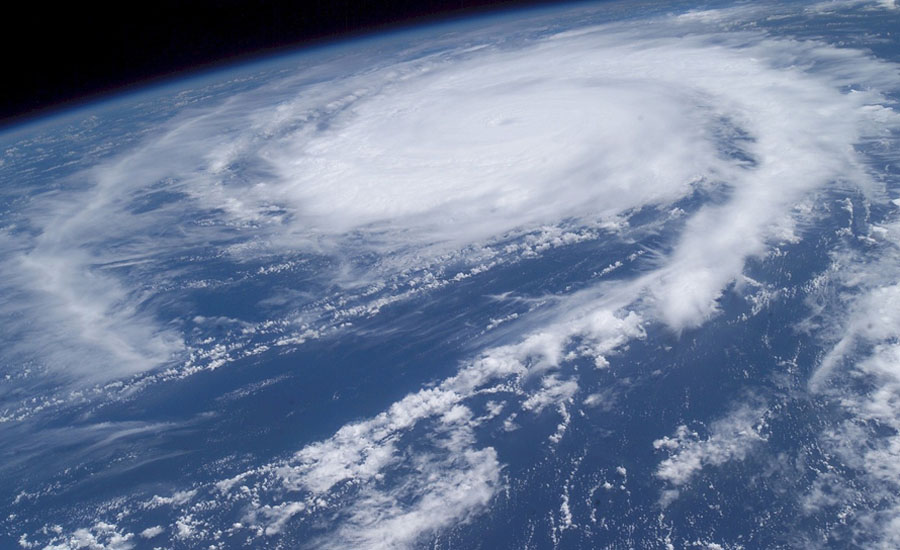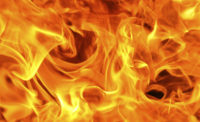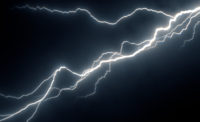Staying safe amid Florence's hazards

Although Florence may no longer be a hurricane, the storm still poses plenty of danger for people who are in or will be returning to affected areas. Electrocution, water-borne infections and drowning are among the health risks associated with flooding, according to the Centers for Disease Control and Prevention (CDC), which has issued the following safety tips:
- NEVER touch a fallen power line (https://www.cdc.gov/disasters/electrical.html). Do not walk or drive through standing water if downed power lines are in the water.
- Avoid driving through flooded areas and standing water (https://www.cdc.gov/disasters/hurricanes/be-safe-after.html#outdoors). Turn around, don’t drown.
- Check your carbon monoxide (https://www.cdc.gov/disasters/cofacts.html) detector’s batteries. Always keep generators and any gasoline-powered engine outside, in a dry area, at least 20 feet from any window, door, or vent.
- Throw away food that may have come in contact with flood or storm water (https://www.cdc.gov/disasters/foodwater/facts.html); perishable foods that have not been refrigerated properly due to power outages; and those with an unusual odor, color, or texture. When in doubt, throw it out.
- Do not use water you suspect or have been told is contaminated (https://www.cdc.gov/disasters/foodwater/facts.html#water) to wash dishes, brush your teeth, wash and prepare food, wash your hands, make ice, or make baby formula. Your state, local, or tribal health department can make specific recommendations for boiling or treating water in your area.
- When returning to your home (https://www.cdc.gov/disasters/hurricanes/be-safe-after.html), be aware that flood water may contain sewage and other hazards (https://www.cdc.gov/disasters/floods/cleanupwater.html). Keep children and pets out of the affected area until cleanup has been completed (https://www.cdc.gov/disasters/cleanup/facts.html).
- Clean up and dry out your home quickly (within 24 to 48 hours) to prevent mold (https://www.cdc.gov/disasters/mold/index.html). Use fans and position them to blow air out doors or windows.
- In hot weather, stay cool and drink plenty of fluids to prevent heat-related illness
You may also like:

Electrical safety during hurricane season

Is your workplace ready for a natural disaster?
Looking for a reprint of this article?
From high-res PDFs to custom plaques, order your copy today!








